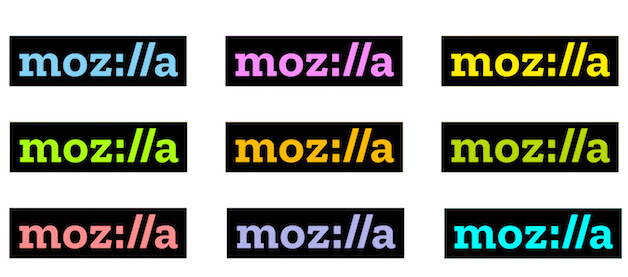Mozilla's WebExtensions APIs allow for cross-browser extensions in Chrome, Opera, Firefox and Edge

Creating add-ons for multiple web browsers can be a nightmare for developers, but Mozilla wants to simplify things. By introducing WebExtensions APIs it is going to become much easier to make extensions that work in multiple web browsers with only minor changes.
Based on HTML, CSS, and JavaScript, the aim is to further standardize the APIs to make it even easier to share extensions between browsers. Mozilla is now pushing the technology in the hope that it will gain momentum and a growing following.
In a post on its Hacks blog, Mozilla explains that WebExtensions enables developers to "write one codebase that works in multiple places." For anyone looking to get started, there's a tutorial to follow, and a guide for getting Chrome extensions working in Firefox. But while it is being embraced by Mozilla, this is a technology that owes a lot to Google:
WebExtensions APIs are inspired by the existing Google Chrome extension APIs, and are supported by Opera, Firefox, and Microsoft Edge. We're working to standardize these existing APIs as well as proposing new ones! Our goal is to make extensions as easy to share between browsers as the pages they browse, and powerful enough to let people customize their browsers to match their needs.
Potch, a Web Platform Advocate at Mozilla, explains more in an introductory video:
